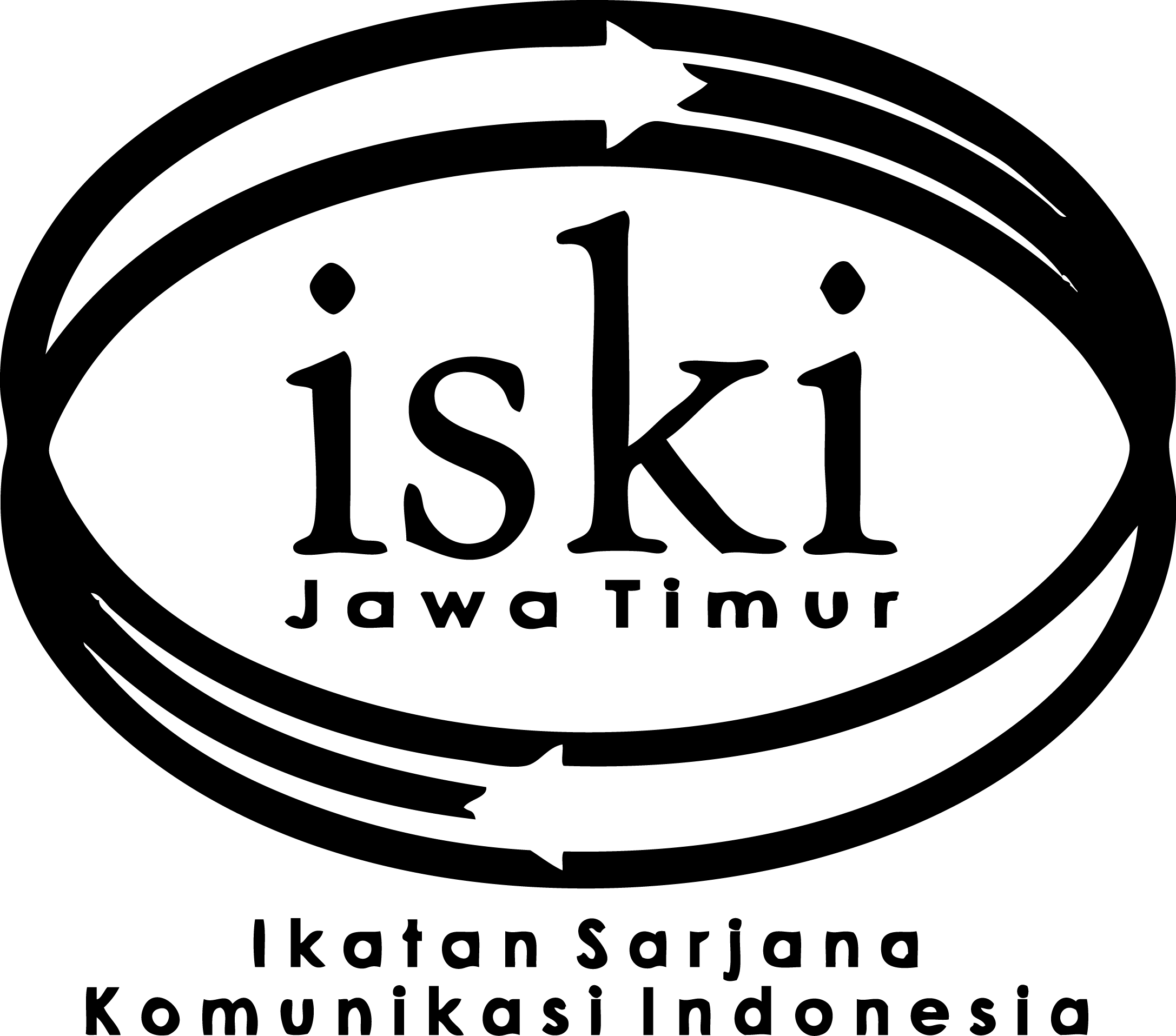Beyond the Marketing Hype: Analysis of Communication Campaigns of Electric Vehicles Eco-Friendly Image and Battery Waste Concerns
DOI:
https://doi.org/10.37826/spektrum.v12i1.653Keywords:
Electric Vehicle, Battery, Waste, Sustainable, EnvironmentAbstract
Electric Vehicles (EVs) are gaining widespread attention for their environmentally friendly nature and potential to reduce air pollution. As non-renewable fossil fuels deplete, the need for sustainable alternatives like EVs becomes imperative. The EV market emphasizes the cost-effectiveness of electric fuel and extended travel range, despite the initial higher cost of purchasing an EV. In Indonesia, the government encourages EV adoption through subsidies and improved electric refuelling infrastructure, including exempting EV users from the odd-even vehicle license plate rule in Jakarta.
To promote EV adoption, brands employ diverse marketing strategies, urging customers to embrace EVs as agents of environmental change. However, the lack of transparency in how EV brands handle nickel-based battery waste, with a limited lifespan, raises environmental concerns. The accumulation of unusable batteries could pose soil pollution risks as EV usage grows. This research aims to explore the environmental implications of battery waste from EVs in Indonesia and analyze how EV brands address these concerns in their marketing communication campaigns.
Adopting a cybernetic approach, the study examines the interconnectedness of marketing communication and consumer buying decisions. Qualitative research is utilized, drawing on various EV studies, facts about EV brand communication, and interviews with experts to provide a comprehensive analysis. Although battery waste might not be a pressing issue in Indonesia currently, inadequate waste handling raises potential future concerns about soil and water contamination. Addressing battery waste responsibly is crucial for promoting sustainable EV adoption.
References
Bhattacharjee, A., & Chakraborty, S. (2021). The Impact of Green Marketing on Electric Vehicle Adoption: A Critical Sustainability Study in Auto Industry & Model Development. International Conference on Business Research Innovation, 231-248.
Beltramini, R. F. (2003). Advertising ethics: the ultimate oxymoron?. Journal of Business Ethics, 48(3), 215–216.
BKPM. (2022). Coursing the Future with Electric Cars. BKPM. https://www.bkpm.go.id/en/publication/detail/news/coursing-the-future-with-electric-cars
CIM. (2015). Marketing and the 7Ps: A brief summary of marketing and how it works. Maidenhead: Chartered Institute of Marketing.
CNN Indonesia. (2022, 30 November). Kebijakan DKI Soal Mobil Listrik: Bebas Pajak Sampai Ganjil Genap. CNN Indonesia. https://www.cnnindonesia.com/otomotif/20221129203435-603-880531/kebijakan-dki-soal-mobil-listrik-bebas-pajak-sampai-ganjil-genap
Dephub RI, (2021). Kendaraan Listrik Masa Depan Transportasi Indonesia. Dephub. https://dephub.go.id/post/read/kendaraan-listrik-masa-depan-transportasi-indonesia
Doszhanov, A., & Ahmad, Z.A. (2015). Customers’ intention to use green products: The impact of green brand dimensions and green perceived value. SHS Web of Conferences, 18, 1008.
Eagle, L., Dahl. S., Pelsmacker, P., & Taylor, C. (2021). Marketing Ethics. Sage Publications.
Eri, Fitra. (2023, August 1). Personal Interview.
Gbadamosi, A. (2019). Marketing ethics, green and sustainable marketing. Contemporary Issues in Marketing, 185–218. London: Sage.
Ginsberg, J.M., & Bloom, P.N. (2004). Choosing the Right Green Marketing Strategy, 80-81.
Gong, S., Sheng, G., Peverelli, P., & Dai, J. (2020). Green branding effects on consumer response: examining a brand stereotype-based mechanism. Journal of Product & Brand Management.
Hartmann, P., Ibáñez, V.A., & Sainz, F J.F. (2005). Green branding effects on attitude: functional versus emotional positioning strategies. Marketing intelligence & planning.
Kinoti, M.W. (2011). Green marketing intervention strategies and sustainable development: A conceptual paper. International journal of business and social science, 2(23).
Murphy, P. E. (2017). Research in marketing ethics: continuing and emerging themes. Recherche et Applications en Marketing (English Edition), 32(3), 84–89.
Parveen, H., & Showkat, N. (2017). In-depth Interview. Communications Research, 2(30).
Polonsky, M.J., & Rosenberger, P.J. (2001). Reevaluating green marketing: A strategic approach. Business Horizons, 44(5), 21-30. https://doi.org/10.1016/s0007-6813(01)80057-4
Rex, E., & Baumann, H. (2007). Beyond ecolabels: what green marketing can learn from conventional marketing. Journal of cleaner production, 15(6), 567-576.
Ringo, J. (2023, July 12). Personal Interview.
Sasongko, N. (2023, June 7). Personal Interview.
Suki, N. M. (2016). Green product purchase intention: impact of green brands, attitude, and knowledge. British Food Journal, 118(12), 2893–2910. https://doi.org/10.1108/BFJ-06-2016-0295
Yang, S., Zhang, D., Fu, J., Fan, S., & Ji, Y. (2018). Market Cultivation of Electric Vehicles in China: A Survey Based on Consumer Behavior. Sustainability, 10(11), 4056. https://doi.org/10.3390/su10114056
Downloads
Published
How to Cite
Issue
Section
License
Copyright (c) 2024 Jurnal Spektrum Komunikasi

This work is licensed under a Creative Commons Attribution-ShareAlike 4.0 International License.
























